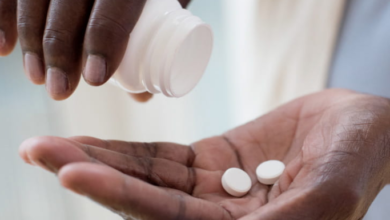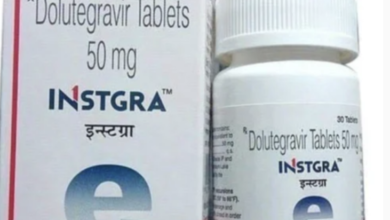“FDA Greenlights Revolutionary At-Home STI Test – What You Need to Know! Are Increased Regulations Helping or Hurting Public Health?”

The recent approval by the Food and Drug Administration (FDA) of an at-home test for chlamydia and gonorrhea is seen as a positive step toward earlier detection and treatment of these sexually transmitted infections, which have seen a significant increase in the U.S. However, concerns are raised among sexual health advocates about the FDA’s plan to increase regulation of over-the-counter self-testing for STIs, fearing potential negative consequences.
The surge in gonorrhea, chlamydia, and syphilis diagnoses over the past two decades is attributed, in part, to insufficient long-term funding for the Centers for Disease Control and Prevention’s efforts to combat STI spread. While greater FDA oversight is expected to legitimize home STI testing, making it more likely to receive insurance coverage and broader adoption, critics worry that increased regulations could lead to market exits and higher test costs.
FDA
The recently approved at-home test, Simple 2, addresses gonorrhea and chlamydia but lacks coverage for syphilis, a concern given the rising cases, particularly in newborns. Some argue that eliminating the clinic visit requirement would enhance access to testing for at-risk individuals.
Dr. Leandro Mena from the CDC sees the approval of the at-home test as a means to empower individuals to control when and how they get tested, potentially increasing testing for gonorrhea and chlamydia. These infections, affecting 1.6 million and 710,000 people in 2021, respectively, can lead to severe consequences if left untreated.
The FDA’s move to regulate at-home medical tests, including STI tests, has faced opposition from LGBTQ sexual health advocates. Concerns include potential market exits and increased test costs, impacting public health testing efforts. The FDA aims to ensure the safety and effectiveness of these tests, following reports of faulty self-tests for other medical conditions.
While the FDA’s approval of the Simple 2 Test is a positive development, some argue it falls short by not covering syphilis and not addressing the needs of gay and bisexual men adequately. The test, available for $99, can be activated online, and positive results prompt contact with a physician.
The broader issue of at-home STI tests, available through telemedicine and pharmacy chains, exists in a legal gray zone. The FDA’s proposed plan to require formal marketing authorization for these tests has sparked concerns about potential barriers to public health testing.
Despite these concerns, there is hope that the FDA and testing companies can collaborate on additional approvals, including tests for syphilis and other infection locations, to better serve high-risk populations, such as gay men. The impact of greater FDA oversight on the cost and availability of at-home tests remains a subject of debate among stakeholders in the field.




